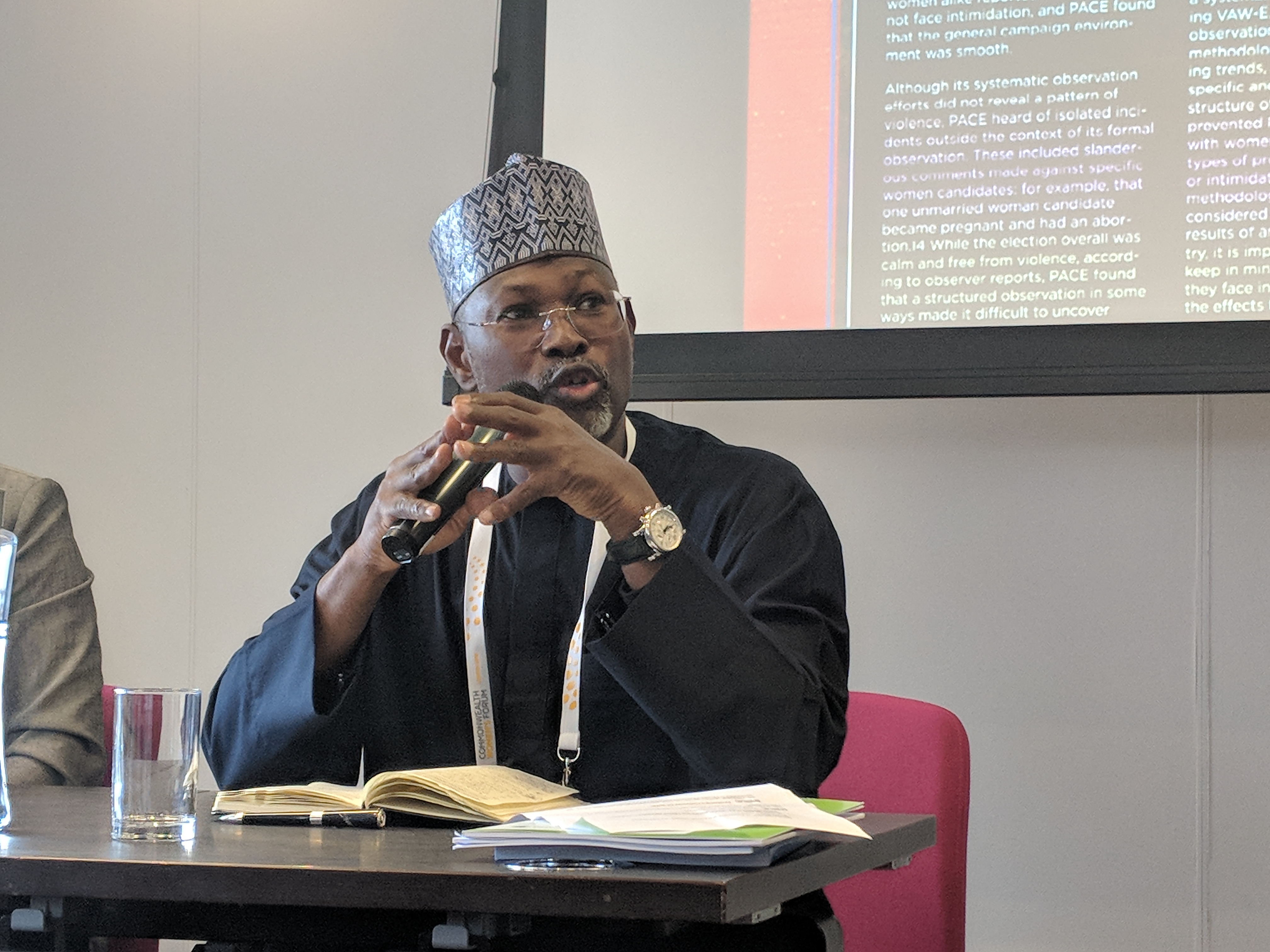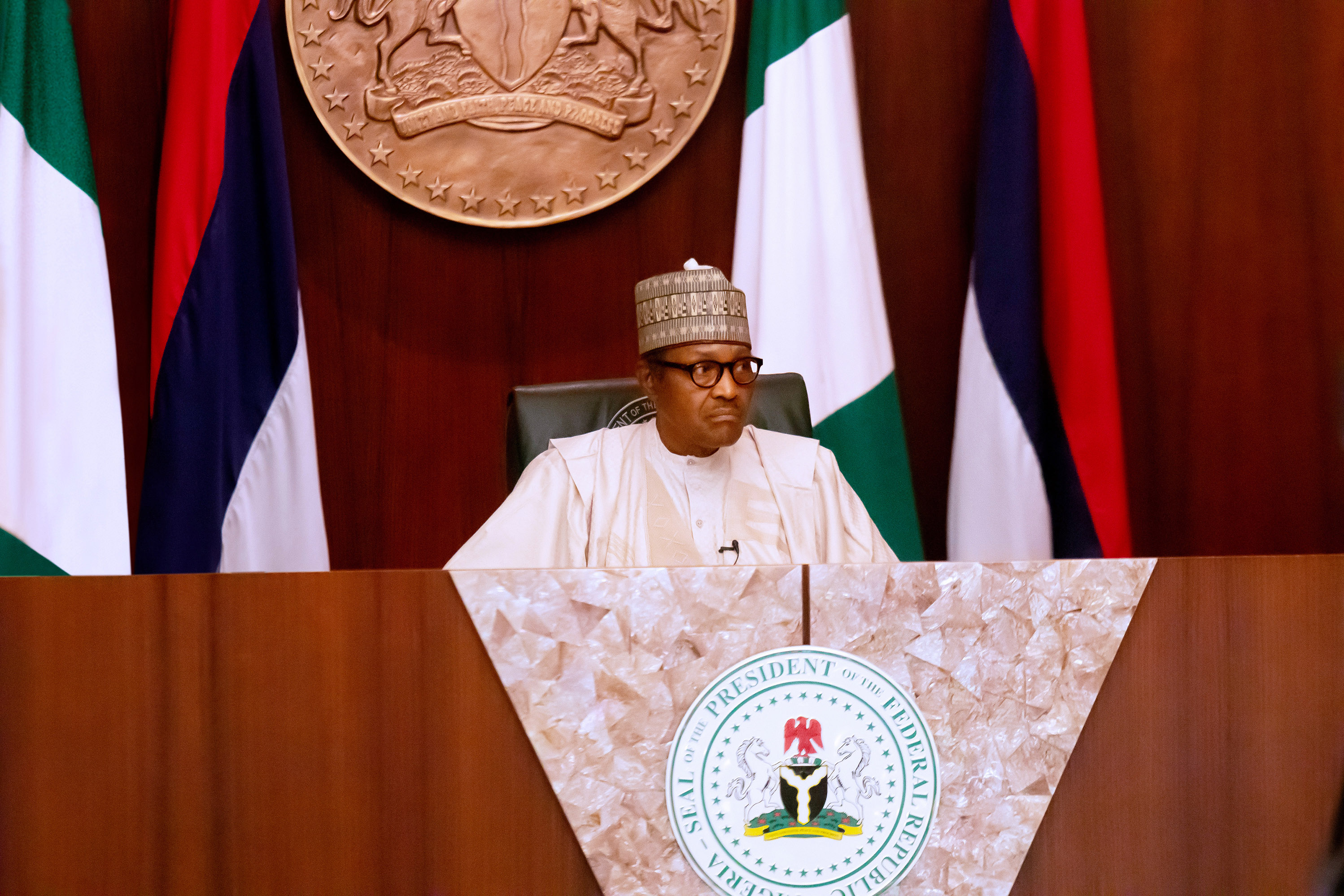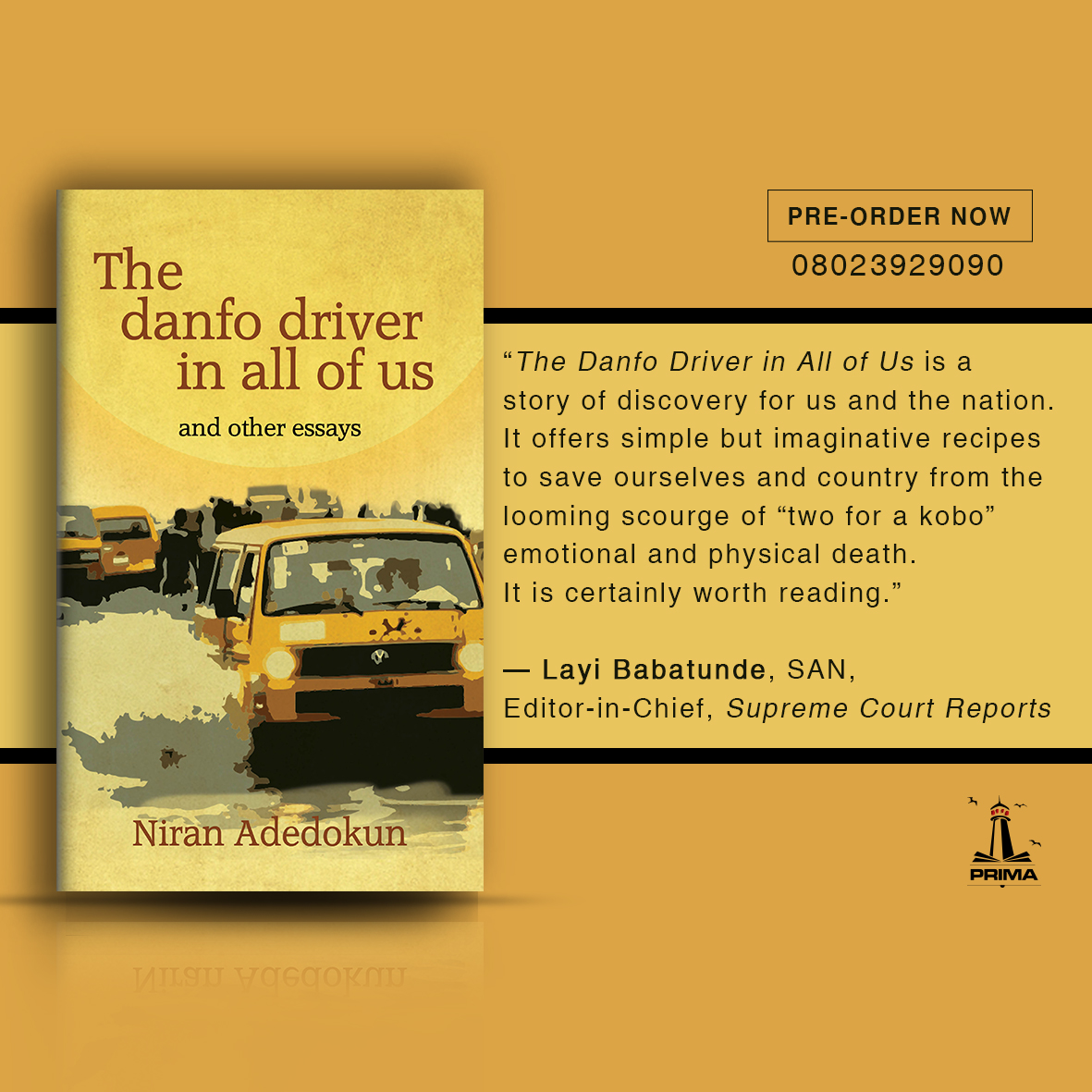Maker:L,Date:2017-9-23,Ver:5,Lens:Kan03,Act:Kan02,E-Y
BY E. REMI AIYEDE
Professor Attahiru Jega’s recent presentation on ‘Restructuring Nigeria’ compels responses from political scientists and other experts on federalism in Nigeria. However, responses have been few and far between. This is understandably so, because the discussion of federalism and restructuring have become big partisan issues that have been characterised by grand standing. In an environment in which partisan politics is often a matter of life and death, the public space is contracted by the repulsive vilifications by intolerance of dissenting opinions. Yet a robust discussion by intellectuals should drive consequential issues about the structure of the federation and the pathologies of governance in which it is immersed. That was why Professor Jega’s submission took off with the question of whether federalism is negotiable or non-negotiable in Nigeria. The issues involved in negotiating federalism and restructuring Nigeria have to be deeply and publicly discussed over an extended period of time for negotiations to be meaningful. Federalism in Nigeria is certainly negotiable and is constantly being negotiated.
Professor Jega’s discussion took off from a perspective of federalism as a “model of political accommodation and power sharing, as well as a cure for micro-nationalism”. Hence his discussion largely focused on how to stem centrifugal forces to achieve some forms accommodation that can lead to stability. I argue that this perspective is a “one dimensional view of federalism” which hinders a robust engagement with the issues around federalism and governance in Nigeria. Nonetheless, I admit that it is the dominant perspective on federalism by both politicians and political scientists in Nigeria. I, however, consider it a sombre pessimistic view of federalism. There is a more optimistic view of federalism and diversity that can help enrich the discussion of federalism as we seek and negotiate a future more responsible, prosperous and inclusive polity.
Professor Jega declares that, given the current clamour for restructuring and secession, the options available to Nigeria is between “secession and separation” on the one hand and “devolution of power, resources and responsibilities” on the other. Although, he recognises the importance of effective governance, he suggests that once the major issues arising from the above view of federalism are addressed, Nigeria will be stabilised. He believes his prescriptions can “reduce tension, minimise conflicts, provide inclusivity and equality of opportunities for all and pave the way for greater national development”. He went on to identify areas where distortions in the federal arrangement are to be found and addressed: Structure, powersharing, revenue collection and sharing, access to federal government provided projects, services, employment, etc. A critical review of his prescriptions on these issues shows how they are clearly linked to the sombre, cake-sharing value of federalism as an instrument of accommodation. Indeed, reading between the line shows that it is a prescription for political settlement that addresses elite/elite relations without due consideration for elite/non-elite relations. Yet a settlement of the former without consideration for the latter cannot yield political stability. Indeed, the latter is required to ameliorate extreme behaviour in elite competition.
Advertisement
A more optimistic view of federalism views it as an institutional framework for concerted development and shared prosperity. It looks at federalism from the viewpoint of the developmental goals of a polity, beyond the challenges of accommodation to harnessing the benefits /resources of diversity to build a strong and prosperous society. In this sense, federalism is concerned about production rather than the distributional stultification of the accommodationist perspective. This perspective on federalism underlines the practice of federalism in the more prosperous federations of the world. The issues here are about competition for productive activities, policy experimentation and diffusion of innovation among the constituent states. Hence, the notion of power sharing, revenue sharing, and access to federal services are to be considered not merely on the basis of distributional equity but more on efficiency, effectiveness and reward for performance by competing subnational entities. These elements are often understated, under-emphasised or completely ignored by the dominant accommodationist perspective on Nigerian federalism. Thus, revenue sharing for instance, will not be about the adjustment of the revenue allocation formula, it will address issues of tax assignment in relation to the principles of subsidiarity, efficiency, effectiveness, fairness and equity. It will also recognise the importance of transparency and non-governmental provisioning.
Secondly, the accommodationist perspective because it is focused on elite-elite settlement fails to put the increasing poverty of the majority of citizens at the front burner. Yet poverty and inequality have reached crisis points in Nigeria. Nigeria is now the poverty capital of the world. A federal restructuring that is not focused on how this situation of poverty can be addressed is clearly inadequate. The frustrations that poverty, unemployment and inequality generate lead to increase in crime, tensions in social and community relations and undermines economic growth and social mobility. Federal restructuring has to address such issues as corruption, discrimination, fear and exploitation that straddle horizontal citizenship. The prescriptions of the accommodationist perspective often leave out the vexed issues of state vs federal citizenship. The contradictions of citizenship provides the breeding ground for secessionist salience and recruitment.
Within the accommodationist perspective, diversity is largely viewed as a sources of weakness. Ethnic entrepreneurs present politics as zero-sum game. One state can only benefit at the expense of another. Benefits of diversity are played down in the calculus of mobilisation. The interpretation and use of distributional principles, such as federal character and revenue sharing promote free-riding and entrench cake-sharing. They therefore end up promoting suspicion and anger at the federation without achieving the expected outcome of even development and sense of belongingness among the populace. State building is confounded because the issues of citizens are treated as tangential to federalism. Diversity is never seen as a source of strength, rather it is defined as a problem that federalism is instituted to solve. Federalism is not just a conflict management mechanism, it is equally a tool for harnessing the benefits of diversity, hence the notion of “unity in diversity”. Countries of the world that are federal are not necessarily so because they are made up of multiple ethnic groups, there are several multi-ethnic nations that are non-federal. Decentralisation and devolution is overhyped as if non-federal countries do not have diverse populations or are never successful when they are constituted by diverse nationalities. Yet there are non-federal countries that are diverse and successful in terms of socio-political stability and economic prosperity.
Advertisement
There are other issues that need to be clarified as the restructuring debate unfolds in Nigeria. One of these is the tendency to paint the period of the regions in the build-up to independence and the First Republic in glowing terms, as if they represent the glorious periods of Nigerian Federalism. This is born out of an unbalanced view of the history of the period. A critical look at the situation of that historical time shows that pressures for secession as a result of dissatisfaction with the structure was not mute nor few. Indeed, the threat of succession was a common tool of political bargain during that period. Political scientist were near unanimity on the view that the structure of the federation at that period was inherently unsustainable because it contradicted Mill’s ‘law of federal stability.’ The structure was such that one region was larger than the other regions combined, making it possible for one region to perpetually dominate the federation, a major source of some of the conflicts and crises that characterised the First Republic. A critical engagement with the history of the First Republic, the subsequent republics and military regimes, call for a sober and critical appraisal of the changes in the federal restructure and other institutional changes that have taken place to draw lessons and innovate. A romanticising of any of the previous republics or the wholesale demonisation of the military regimes will not suffice.
Politicians have shown a tendency to attribute all pathologies of the current political system to military misadventure and diabolical engineering. Such a claim belieselements of continuity and discontinuity between military and civilian regimes that make it implausible to make a clean division between civilian and military social engineering. It is indeed difficult to sustain the claim that all civilian regimes have been good, and all military regimes have been bad. The plausibility of the claim that constitutions bequeathed by the military are illegitimate while those done under civilian rule are legitimate is weak in the context of state building experiences worldwide. While it is clear that military rule is unconstitutional, the legitimacy of civilian constitutional proposals cannot be taken for granted. Actually, there have been as much challenges to civilian initiatives in constitutional production as there have been to those of the military. The difference is that while the military regimes have implemented their constitutional proposals as part of transition programmes to end military rule, civilian products are simply ignored or not implemented because of the absence of consensus, which render them inoperable. At present, there are a number of political restructuring proposal documents that have been produced since 1999 without any of them being implemented: the Obasanjo National Political Reform Conference document, the Goodluck Jonathan National Conference document and the Report of the All Progressive Congress party Committee on True Federalism. These documents provide ideas for the ongoing debates, but scholars should engage in public discussion of the issues to speak truth to power and enrich the discourse with their expertise and familiarity with comparative experiences across the globe.
I call for a fresh look at federalism beyond this accommodationist perspective to redirect engagement with federalism and restructuring from cake-sharing to a refreshing development/production-oriented focus. There is a need to uplift public discourse on strengthening the Nigerian union from the current predominantly partisan grandstanding that characterises it. As it is often said, the devil is usually in the details. There is need for more engagement with the details in the public space.
Aiyede is professor and head, department of political science, University of Ibadan
Advertisement
Views expressed by contributors are strictly personal and not of TheCable.
Add a comment






